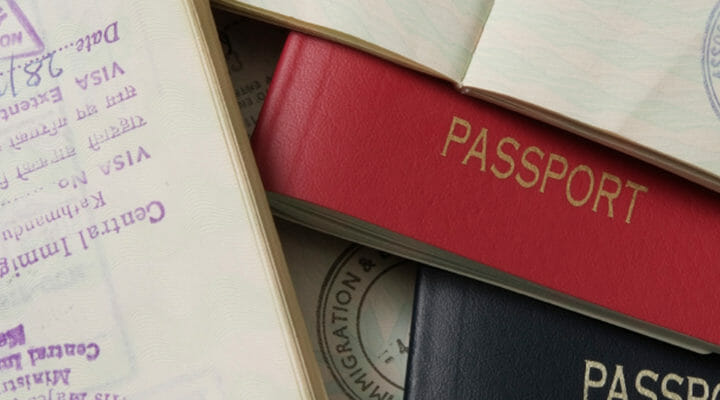Nothing like a foreign vacation to stimulate the senses! Intriguing places, people who are definitely not from Kansas, and photo-quality views every way you turn. What a time to memorialize with meeting new people, sharing hopes and dreams, and even building new friendships.
If you have a security clearance, it doesn’t mean you can’t do these things in your travels or vacations. You must remember, however, you have a clearance. The real nihilists of this world, the spies, don’t forget. So what should you do before a private vacation?
Just like official travel, get a pre-travel security briefing. You should get this from your cleared facility’s security manager. If you are in a company too small to have your own security manager, remember you can call the local Defense Security Service or FBI for guidance. Do this for each trip abroad. After all, you need to report each such trip during your periodic reinvestigation, so it’s best to have documentation in advance.
Vacationing with a Clearance Means You’re Already a Target
Today’s spies like nothing better than ‘casually’ meeting you. The encounter on the airplane, at your hotel, on the beach, or in a restaurant are favorites. Just bear in mind your travel plans are your own. Don’t publicize them on social media. Once you do, you not only invite the vacuum-type spy checking out who’s going where, but you make your home vulnerable to thieves who now know you are gone. Stay off the media waves when you talk about your travel plans, itinerary, or what your anticipated activities are while away.
Not fair, you say? What if I tell others, close friends and family, for the safety for my home? Indeed, tell others on a need to know basis. Need-to-Know comes in handy even for non-official business! Only share your itinerary with those you trust. Tell your friends and family not to spread your wanderings around either. Everyone is watched, for good or ill, on social media.
Don’t Vacation Unprepared
Yes, a vacation is a time to relax. Make sure you can really do so by visiting Travel.state.gov to find out the details of your destination in advance, just as you would if you were going on official travel. It is regularly updated with advisories and alerts which you can access from your mobile phone.
The State Department has a new checklist for any travel. Not only are security advisories posted, but other critical information, as well. You’ll find facts regarding health, travel requirements you might not have thought of, and a host of other valuable insights. For instance, can you really ship that weapon to your hunting trip? Can Fido come along? Check it out. Remember, it is not only good for threat data, but practical advice like where the U.S. embassy and consulates are located. Also, while you are online, check out the Center for Disease Control and determine if there are any health advisories for the country you’ll visit. Can your health insurance help you overseas?
The spies are counting on your not doing any of this. You are on vacation, but the spies are not. They plan to set you up:
- The kindly man illegally wanting to exchange currency with you at a great rate might work for them, you know. Then, when you leave, you are shown pictures of your crimes. Your confession is to just tell a little about your job.
- The knock-out beauty or handsome, strapping lad might not only admire your physique, but what you can tell them.
- The staff at many international hotels work for the government to keep an eye on you, to report your activities, and to ensure audio and visual devices are in place to record any conversations you might have. They might take pictures of your wife, husband, or children. All of this is good for blackmail, a warning, or setting you up for future woes once you get home.
If anything odd happens to make you wonder about your trip once you return home, be sure to report those things to your security officer once you get home. This, by the way, should be a definite standard practice in your company, even after vacation trips. You just never know.




